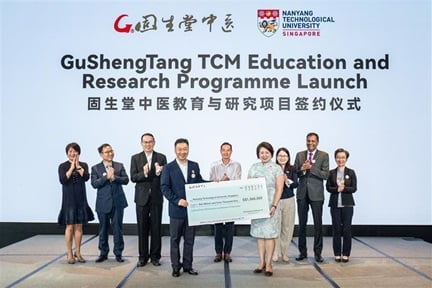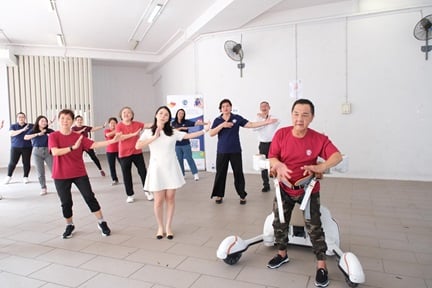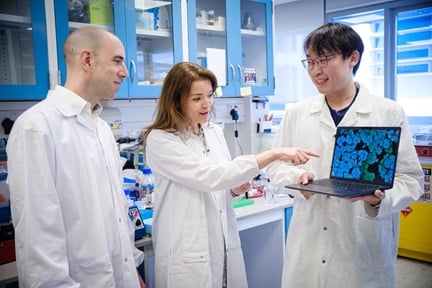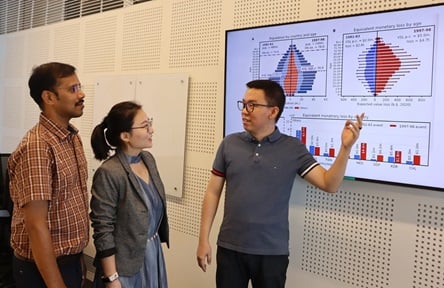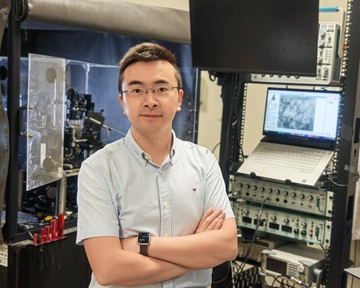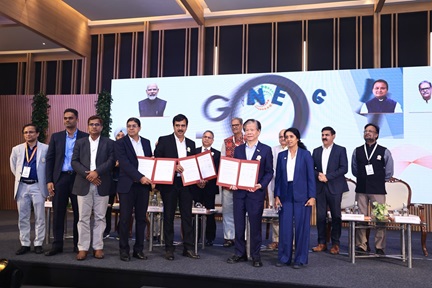Pushing the frontiers of soft electronics
Waving your hand at a robot and controlling it to pick up an item may sound like a Jedi using the Force in a Star Wars movie, but this has become a reality. NTU Singapore has set up a high-tech pilot laboratory capable of rapid prototyping ultrathin and stretchable electronics that detect bioelectric signals from skin, muscles and organs, and transmit these signals to control robots or other electronic devices.
When these smart sensors are attached to limbs or the head, they empower individuals with limb disabilities or mobility impairments by providing an accessible method to control robotic prostheses, machinery, and motorised wheelchairs using alternative muscle movements and bio-signals.
Other applications include a thin film sensor wrapped around organs like the heart for biomonitoring, plant sensors to monitor crop health and diseases, and food packaging sensors that can indicate food freshness, thus enhancing food safety.
These innovative soft electronics developed by NTU researchers are manufactured in-house by combining specially designed soft materials with commercially available hardware. Pioneering this field is Professor Chen Xiaodong, who has over 50 patents to his name and holds multiple accolades including Singapore’s prestigious President’s Science Award 2021.

